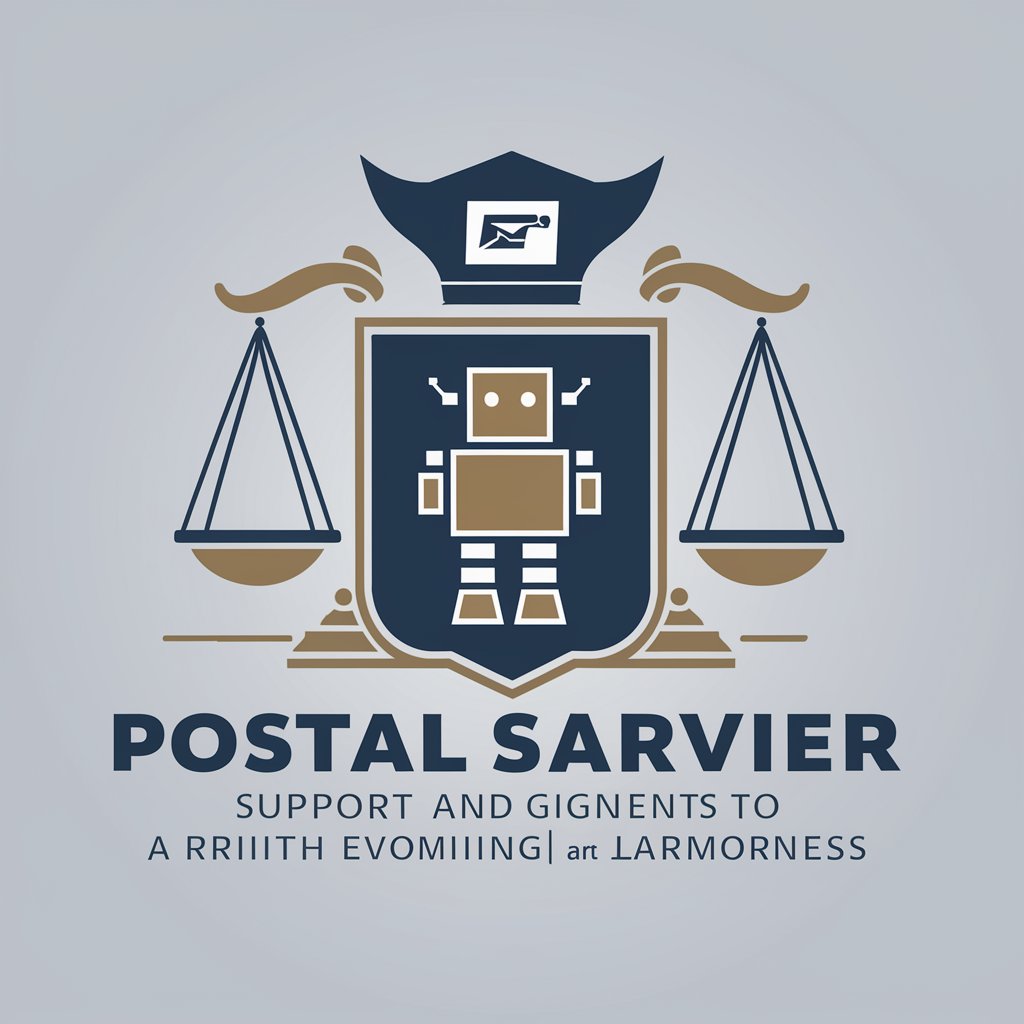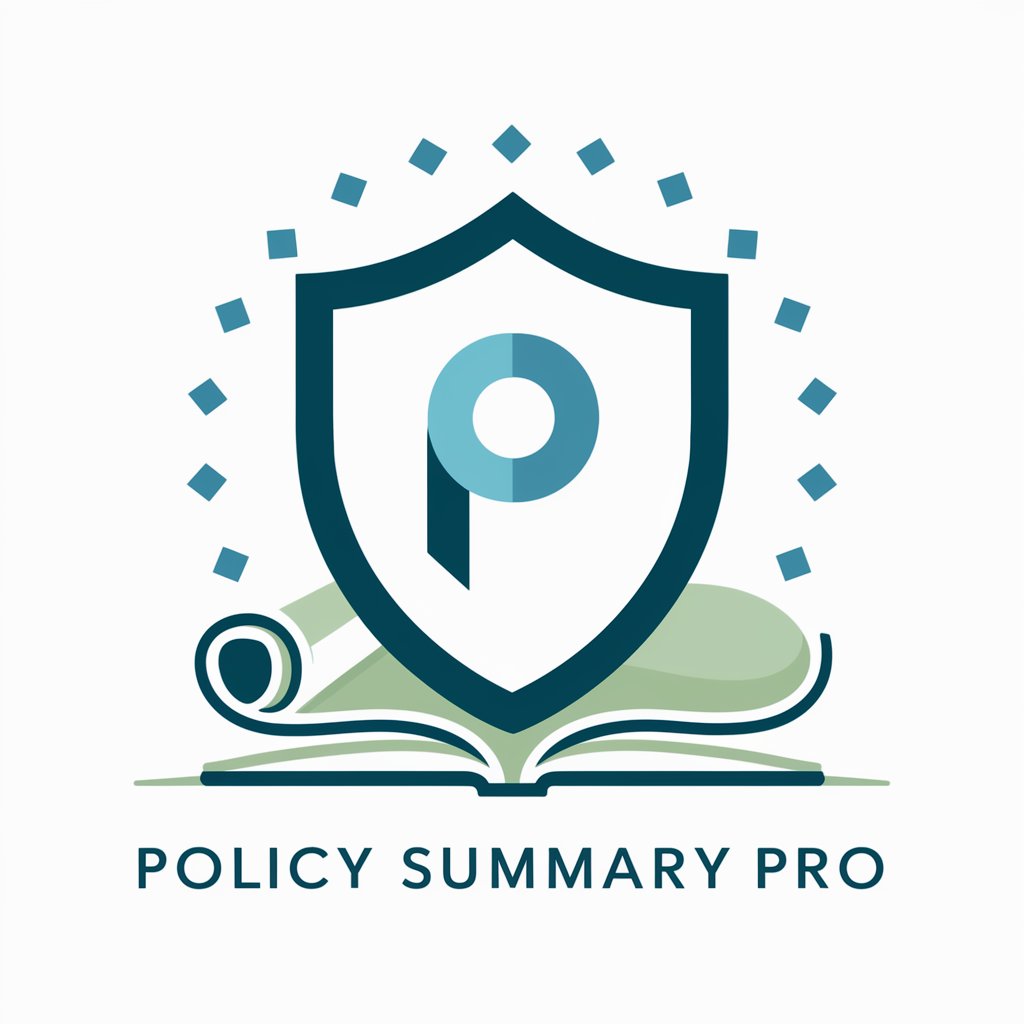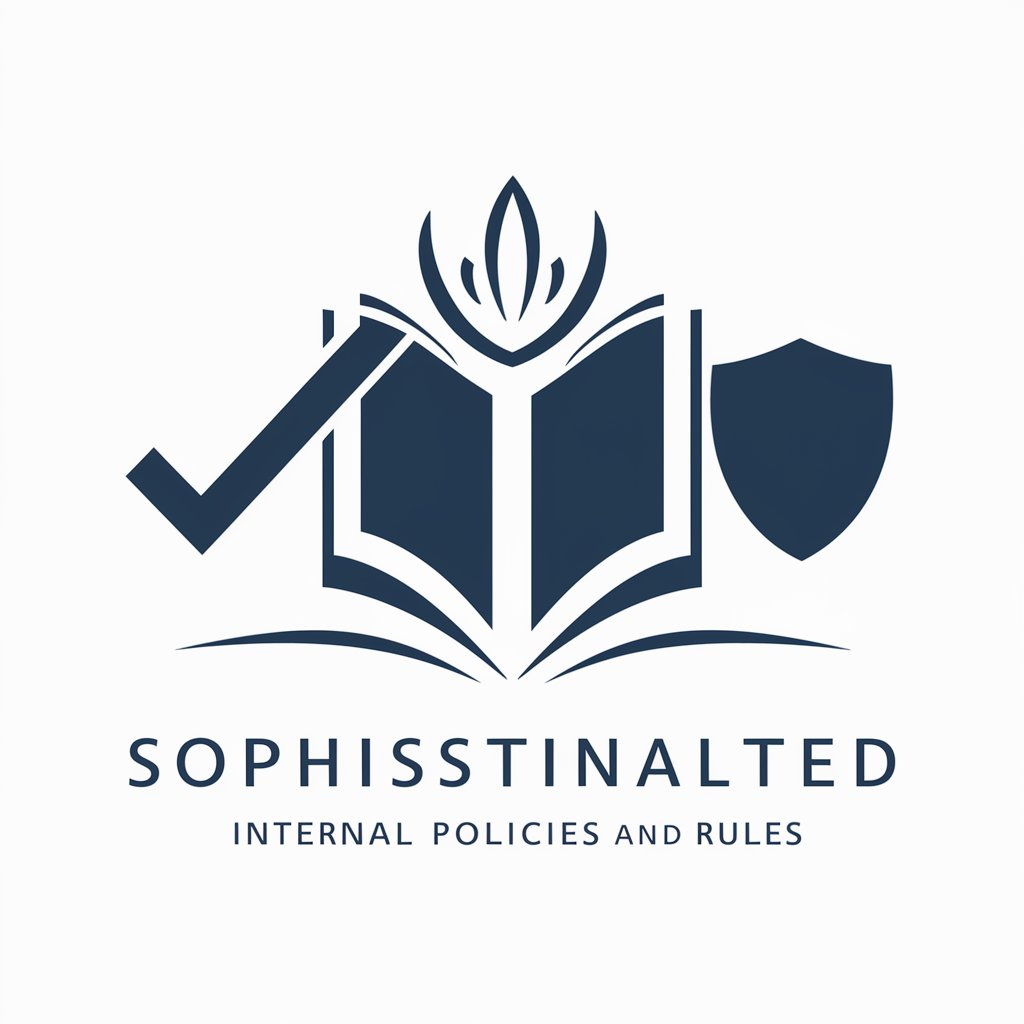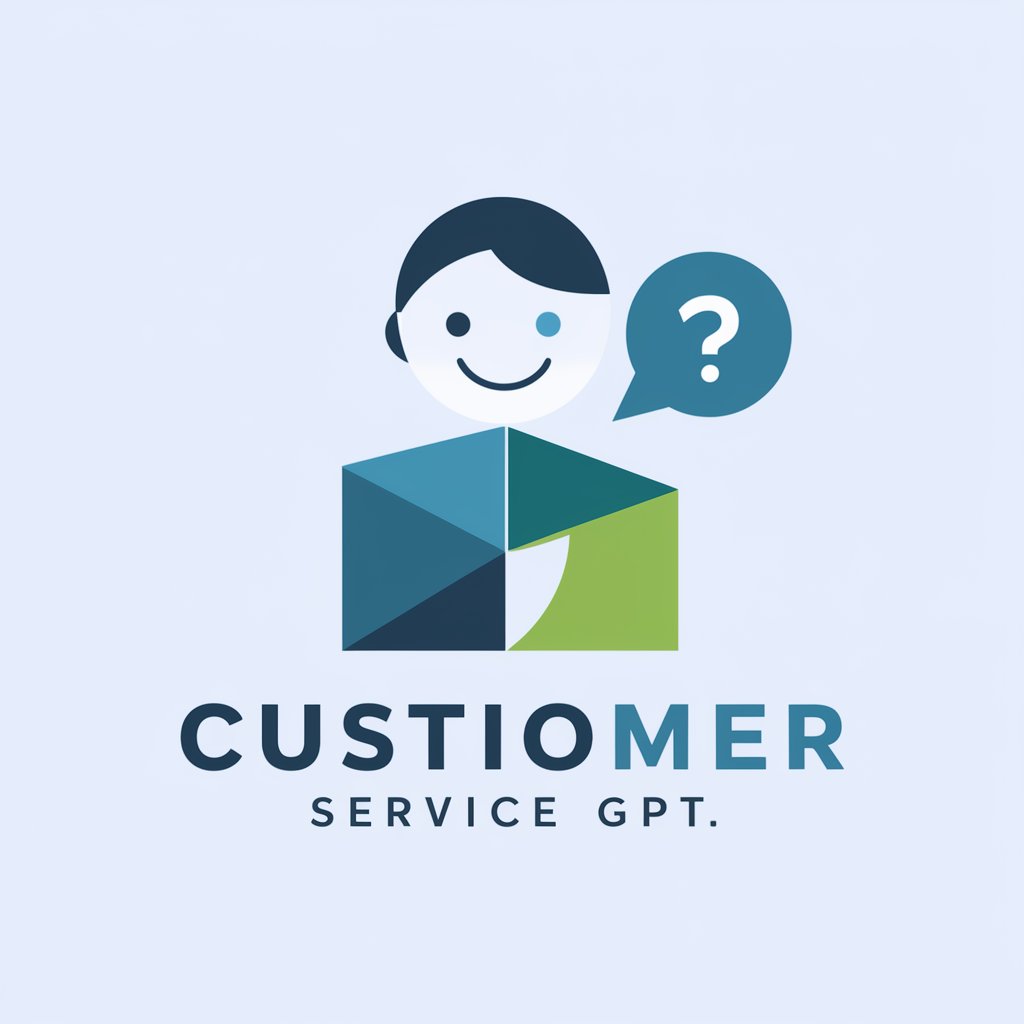15 GPTs for Policy Explanation Powered by AI for Free of 2026
AI GPTs for Policy Explanation are advanced computational tools designed to interpret, simplify, and communicate policies using the Generative Pre-trained Transformers technology. These tools are adept at understanding complex policy documents and translating them into more accessible language, making them invaluable for organizations needing to navigate the intricate landscape of regulations, guidelines, and compliance requirements. By leveraging GPTs, these tools offer tailored solutions that can adapt to various levels of detail and complexity, making policy information more understandable and actionable.
Top 10 GPTs for Policy Explanation are: NALC AI Shop Steward,Aidan's Campaign Bot,Pensionsguiden,Customer Support Assistant,Healthcare Navigator,智能陪练,Policy Summary Pro,社内規則説明くん”AI. Explain the rules,Elterngeld Chatbot,Healthcare Guide
NALC AI Shop Steward
Empowering Union Members with AI

Aidan's Campaign Bot
Empowering Campaigns with AI

Pensionsguiden
AI-powered Swedish Pension Guide

Customer Support Assistant
AI-powered, personalized customer support

Healthcare Navigator
Empowering Your Healthcare Decisions with AI

智能陪练
Enhance your insurance skills with AI-powered simulations

Policy Summary Pro
Simplifying insurance with AI-powered summaries

社内規則説明くん”AI. Explain the rules
Decoding Policies with AI Precision

Elterngeld Chatbot
Navigate parental benefits with AI ease

Healthcare Guide
Navigating healthcare, powered by AI

Health Benefit Bot
Simplifying health insurance with AI

Insurance Simplifier
Demystifying Insurance with AI

Sally Script
Simplifying Insurance with AI

FAQ Wizard
Elevate FAQs with AI-powered precision

Customer Service GPT
AI-Powered Customer Interactions

Key Attributes of Policy Explanation AI
AI GPTs for Policy Explanation stand out due to their adaptability, language understanding, and technical support capabilities. They can process extensive policy documents, identify key points, and present them in a simplified manner. These tools support multiple languages, making them suitable for global applications. Special features include web searching for the latest policy updates, image creation for visual aids, and data analysis for policy impact assessment. Their ability to learn from interactions and improve over time ensures they remain up-to-date with policy changes and interpretations.
Who Benefits from Policy Explanation AI?
These AI GPTs tools serve a broad audience, including policy makers, legal professionals, business leaders, and the general public. They are particularly beneficial for individuals without a background in law or policy, offering straightforward explanations and insights. For developers and tech-savvy professionals, these tools offer advanced customization options, allowing for integration into existing systems or the development of bespoke solutions for specific policy explanation needs.
Try Our other AI GPTs tools for Free
Group Journeys
Discover how AI GPTs for Group Journeys revolutionize travel planning with tailored, dynamic solutions for any group trip, making it easier and more enjoyable.
Exercise Guides
Discover how AI GPTs revolutionize fitness plans with personalized, adaptive exercise guides. Tailored for everyone, from beginners to professionals.
DevOps Insights
Discover how AI GPTs for DevOps Insights revolutionize DevOps practices with tailored automation, predictive analytics, and seamless integrations, enhancing efficiency and decision-making.
Scrum Guidance
Explore AI GPTs for Scrum Guidance: Tailored AI tools designed to optimize and streamline your Scrum practices, enhancing project management efficiency and team collaboration.
Cosmic Alignment
Discover the universe with AI GPTs for Cosmic Alignment, your gateway to exploring cosmic phenomena through advanced data analysis and predictive modeling.
Energetic Guidance
Discover AI GPTs for Energetic Guidance, the cutting-edge tools transforming energy management and sustainability with advanced AI technology. Tailored for both novices and professionals, they offer insights, optimization, and solutions for a sustainable future.
Further Perspectives on Policy Explanation AI
These AI GPTs tools not only simplify policy comprehension but also foster a more informed and compliant organizational culture. With user-friendly interfaces and the ability to integrate into existing workflows, they enhance decision-making and policy adherence. Their evolving nature ensures that they adapt to changing policy landscapes, offering customized solutions across different sectors.
Frequently Asked Questions
What exactly are AI GPTs for Policy Explanation?
They are AI-driven tools that use Generative Pre-trained Transformers to interpret and explain policies in a simplified manner.
How do these tools adapt to different policy complexities?
They leverage advanced algorithms to analyze policy documents, adjusting their explanations based on the required level of detail and complexity.
Can these tools help with policies in multiple languages?
Yes, they support multiple languages, making them versatile tools for global policy explanation needs.
What makes these tools stand out for policy explanation?
Their adaptability, language understanding, and ability to present complex policies in an accessible format are key distinguishing features.
Are there customization options for developers?
Absolutely, developers can customize these tools for specific use cases or integrate them into existing systems for enhanced policy management.
How do these tools stay updated with new policies?
They incorporate web searching capabilities and continuous learning mechanisms to stay informed about the latest policy changes.
Can non-experts use these tools effectively?
Yes, the tools are designed to be user-friendly, making policy information accessible to those without legal or policy expertise.
Are there any sectors where these tools are particularly useful?
They are valuable across various sectors, especially in regulatory compliance, healthcare, finance, and education, where understanding policy is crucial.